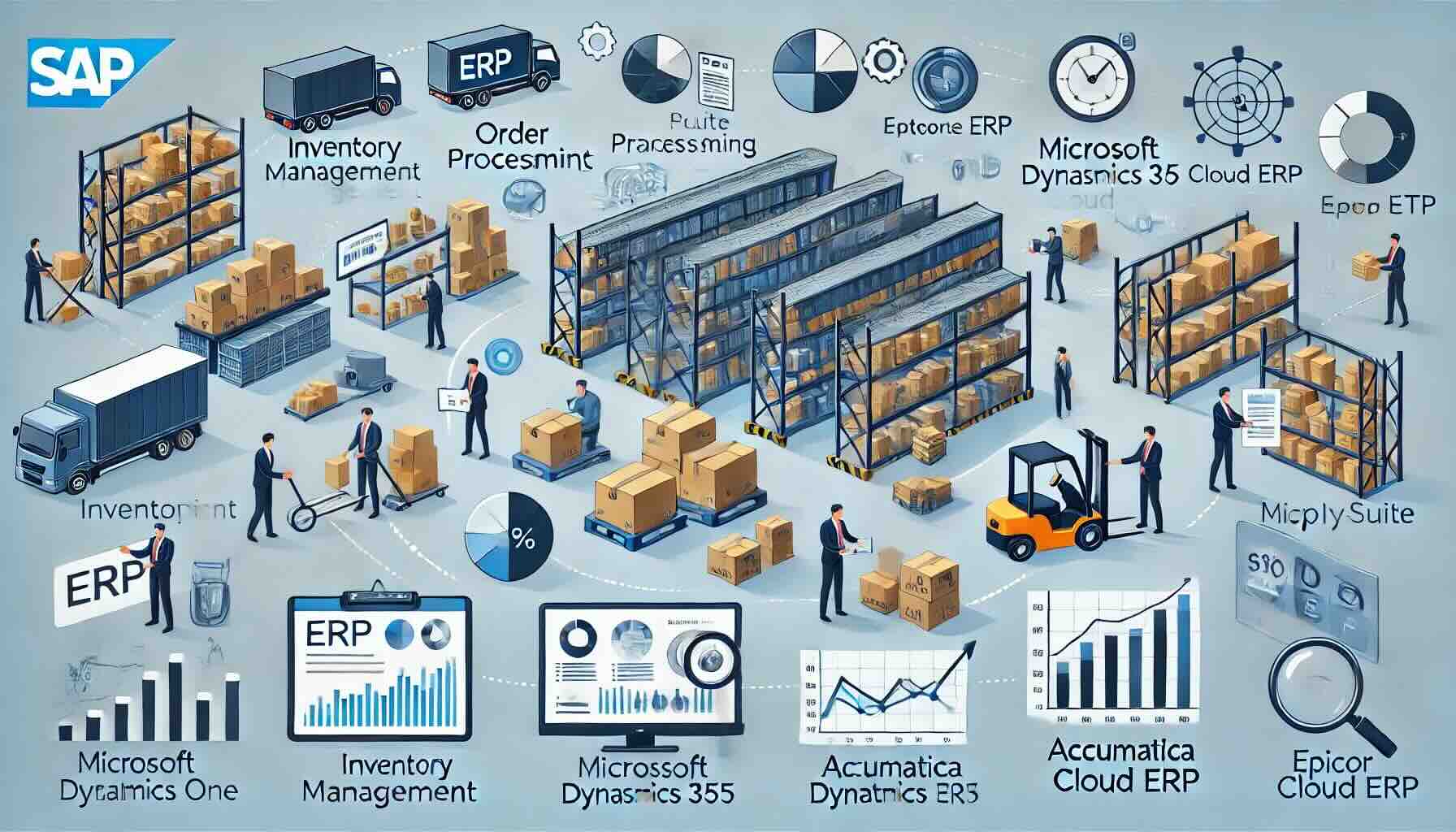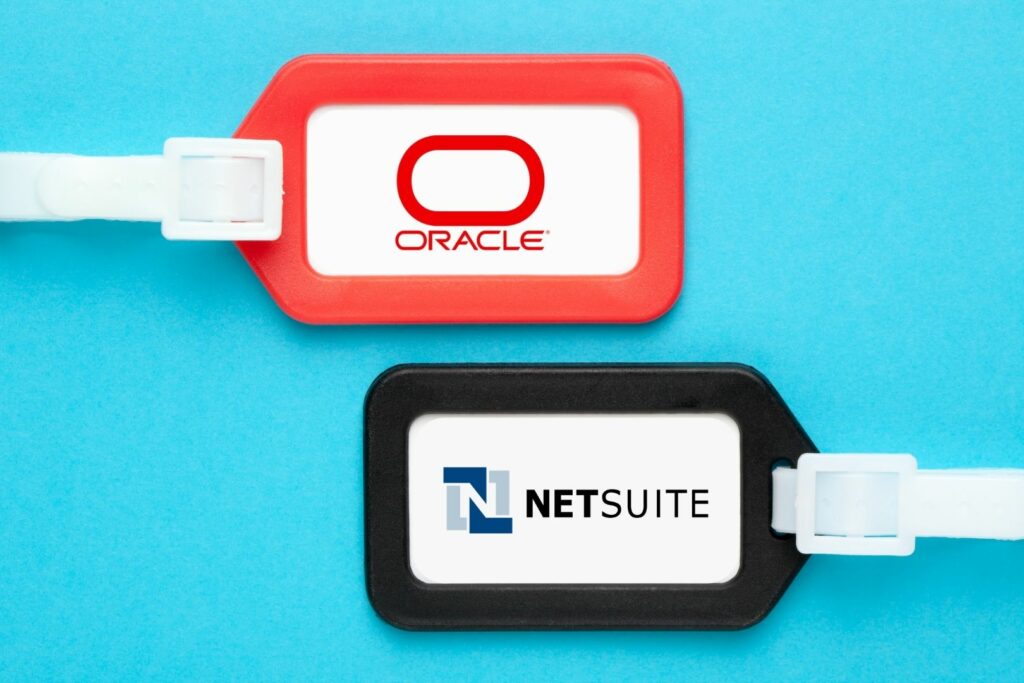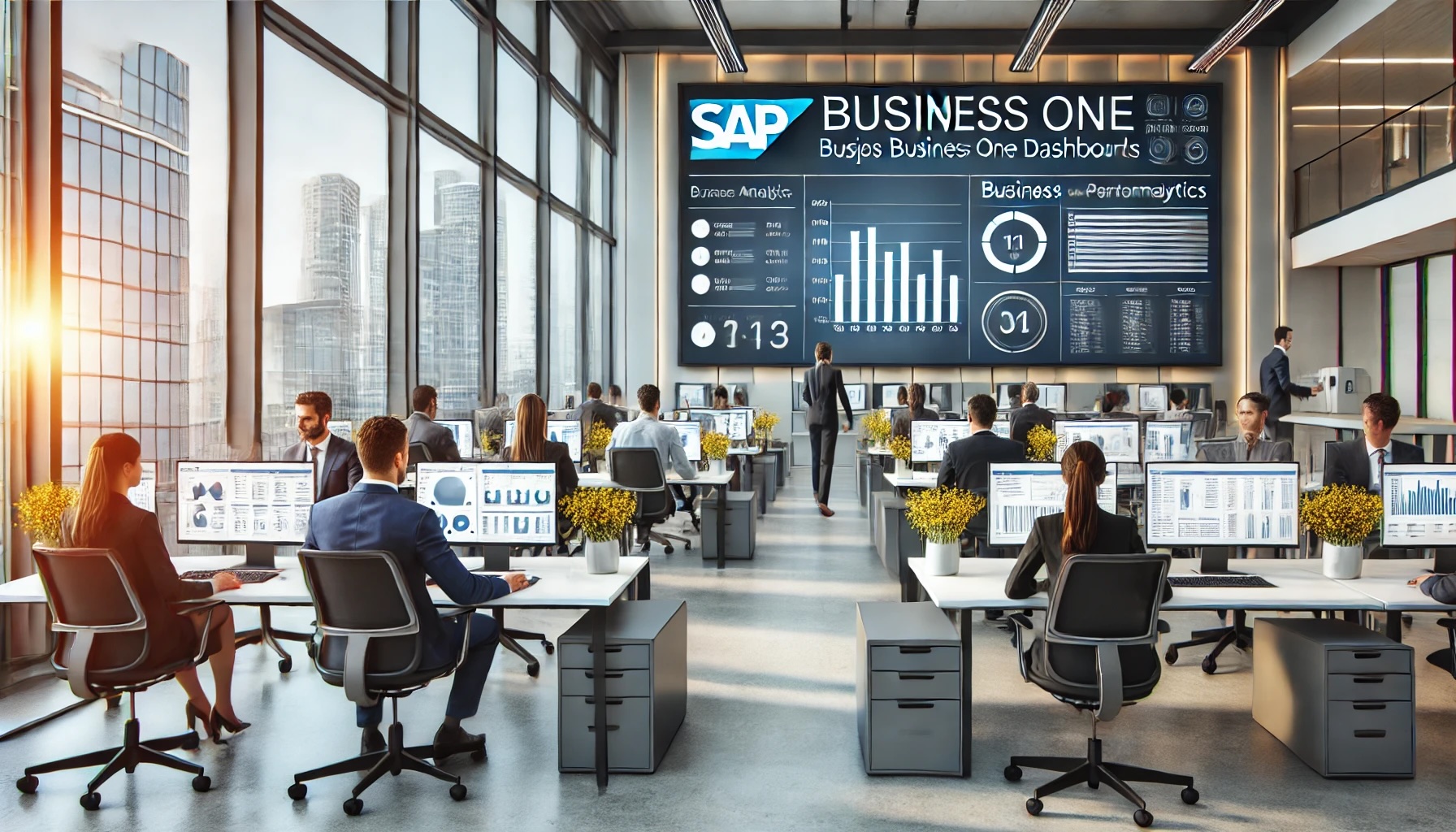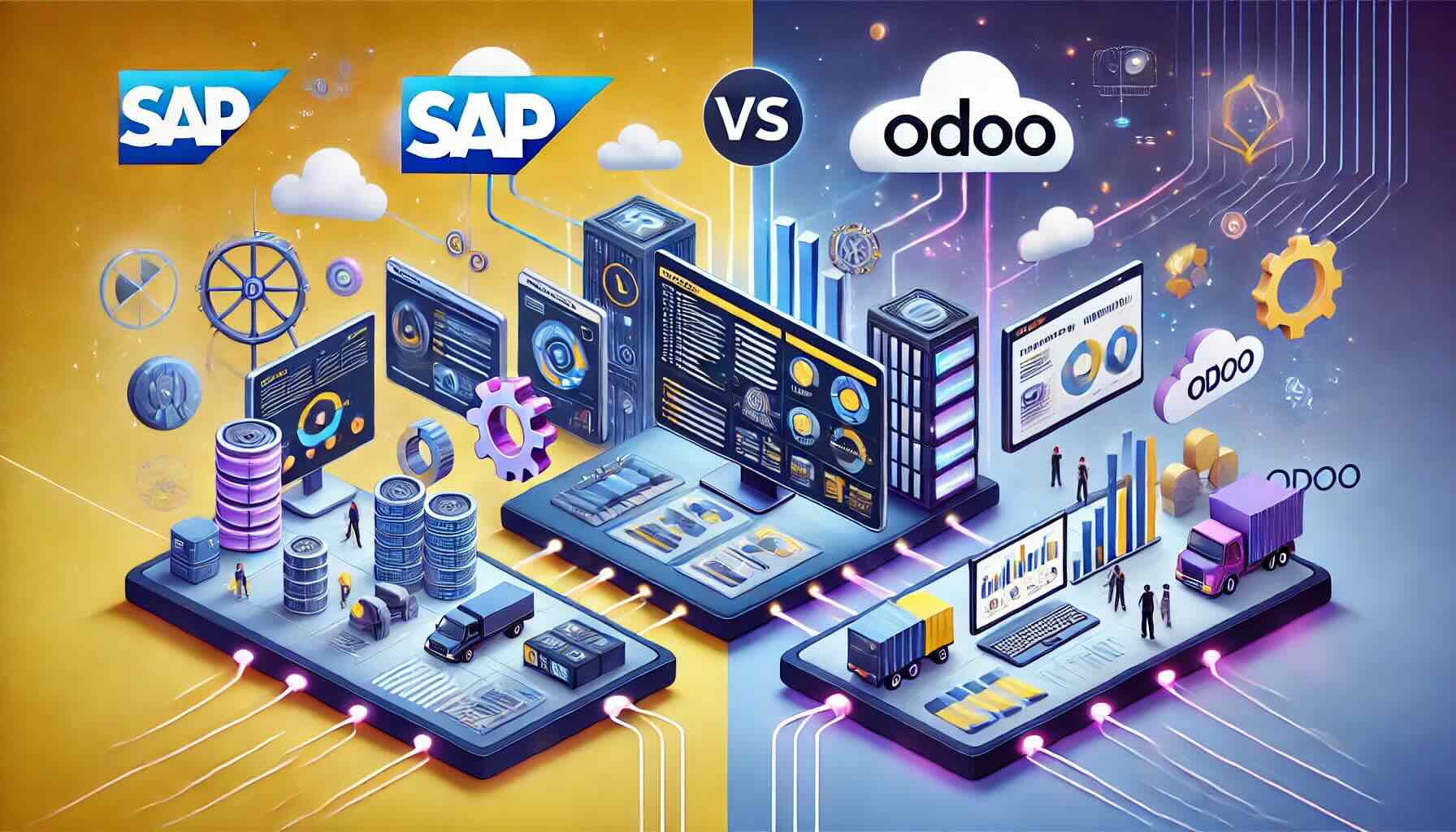Best ERP for Wholesale Distribution: A Comprehensive Guide

When it comes to wholesale distribution, efficiency, accuracy, and streamlined operations are critical. Choosing the best ERP (Enterprise Resource Planning) system can significantly enhance these aspects, ensuring your business runs smoothly and remains competitive. In this guide, we’ll explore what makes an ERP system the best for wholesale distribution, key features to look for, and some of the top ERP solutions in the market today.
What Makes the Best ERP for Wholesale Distribution?
The best ERP for wholesale distribution should cater specifically to the unique needs of the industry. Here are some essential attributes:
1. Inventory Management
Efficient inventory management is crucial in wholesale distribution. The ERP system should offer real-time visibility into inventory levels, automated reordering, and accurate tracking of goods from supplier to customer.
2. Order Management
A robust order management system ensures that orders are processed swiftly and accurately. Look for features like order tracking, automated invoicing, and integration with e-commerce platforms.
3. Supply Chain Management
An effective ERP should streamline your supply chain processes, from procurement to delivery. This includes managing supplier relationships, tracking shipments, and optimizing logistics.
4. Financial Management
The financial management capabilities of an ERP are vital. Comprehensive modules for accounting, budgeting, and financial reporting help maintain financial health and compliance.
5. Customer Relationship Management (CRM)
An integrated CRM module aids in managing customer interactions, sales processes, and support services, enhancing customer satisfaction and loyalty.
6. Scalability and Flexibility
As your wholesale distribution business grows, your ERP should scale with it. Flexibility in adapting to new business processes and integrating with other systems is also essential.
7. Analytics and Reporting
Data-driven decision-making is facilitated by powerful analytics and reporting tools. The ERP should provide actionable insights through customizable dashboards and reports.
Top ERP Solutions for Wholesale Distribution
1. SAP Business One
Overview
SAP Business One is a comprehensive ERP solution designed for small to midsize businesses. It offers a wide range of tools to manage inventory, orders, financials, and CRM, ensuring a seamless flow of information across the organization. It provides robust functionality and scalability, making it suitable for growing businesses. Its strong financial management tools help maintain accurate and compliant accounting practices.
Pros
- Robust Functionality: Extensive features covering all business operations.
- Scalability: Supports business growth and increasing complexity.
- Strong Financial Tools: Comprehensive accounting and financial reporting capabilities.
Cons
- Cost: Higher initial and maintenance costs, possibly prohibitive for smaller businesses.
- Complexity: Steep learning curve requiring significant training for users.
2. NetSuite ERP
Overview
NetSuite ERP is a cloud-based solution offering extensive capabilities for wholesale distributors. It excels in order processing, inventory management, and real-time analytics, helping businesses stay competitive with up-to-the-minute insights. The cloud-based nature ensures accessibility from anywhere, facilitating remote work and collaboration. NetSuite’s scalability makes it a strong choice for businesses anticipating growth.
Pros
- Cloud-Based Accessibility: Remote access and collaboration facilitated by cloud infrastructure.
- Real-Time Analytics: Provides immediate insights for informed decision-making.
- Scalability: Handles increased transaction volumes and complexity.
Cons
- Higher Cost: Subscription-based pricing can be a significant investment over time.
- Complex Implementation: Time-consuming and may require professional services for a smooth rollout.
3. Microsoft Dynamics 365
Overview
Microsoft Dynamics 365 combines ERP and CRM capabilities into one integrated solution, providing a unified view of business operations. Its seamless integration with other Microsoft products enhances productivity and user experience. The system’s flexibility and customizability allow it to be tailored to specific business needs, and its strong CRM tools help manage customer relationships, sales, and service processes effectively.
Pros
- Microsoft Integration: Works seamlessly with Office 365 and other Microsoft tools.
- Customizable: Highly flexible, with numerous modules and extensions.
- Strong CRM Capabilities: Excellent tools for managing customer interactions and sales processes.
Cons
- Complex Implementation: Customization options can complicate the implementation process.
- Higher Initial Investment: Significant upfront costs, though potentially valuable over time.
4. Acumatica Cloud ERP
Overview
Acumatica is known for its ease of use and flexible licensing options, making it accessible for businesses of various sizes. It provides robust modules for financial management, inventory control, and order management. Its user-friendly interface reduces training time, and its flexible pricing options, including consumption-based pricing, can be more affordable for some businesses.
Pros
- User-Friendly Interface: Easy to navigate, minimizing training requirements.
- Flexible Pricing: Various licensing options suitable for different business needs.
- Strong Financial and Inventory Management: Comprehensive tools for efficient operations.
Cons
- Limited Third-Party Integrations: Fewer integrations compared to competitors.
- Customization Complexity: Customization can be challenging and may need professional assistance.
5. Epicor ERP
Overview
Epicor ERP is tailored specifically for distribution businesses, offering industry-specific features and comprehensive tools for inventory management, order processing, and supply chain management. Its scalability supports business growth, and its strong capabilities in managing inventory levels, orders, and logistics make it a great choice for wholesale distributors.
Pros
- Industry-Specific Features: Tailored for wholesale distribution with relevant functionalities.
- Comprehensive Management Tools: Strong inventory, order, and supply chain management.
- Scalability: Can grow with the business, accommodating increased complexity and volume.
Cons
- Cost: Higher expenses, particularly for smaller businesses.
- Implementation Complexity: May require extensive customization and professional services.
Conclusion
Selecting the best ERP for wholesale distribution is a crucial decision that can drive efficiency, growth, and profitability. When evaluating ERP systems, focus on features like inventory management, order processing, supply chain management, financials, CRM, scalability, and analytics. Leading solutions like SAP Business One, NetSuite ERP, Microsoft Dynamics 365, Acumatica Cloud ERP, and Epicor ERP provide robust capabilities tailored to the unique needs of wholesale distributors.
By implementing the right ERP system, you can streamline your operations, enhance customer satisfaction, and stay ahead of the competition. Invest in the best ERP for wholesale distribution and set your business up for long-term success.
To compare these ERP solutions and many more, you can use our new AI-powered Compare ERP tool. It’s free to use and you get a guaranteed discount on your first year’s licence fees with a referral from Compare ERP.









